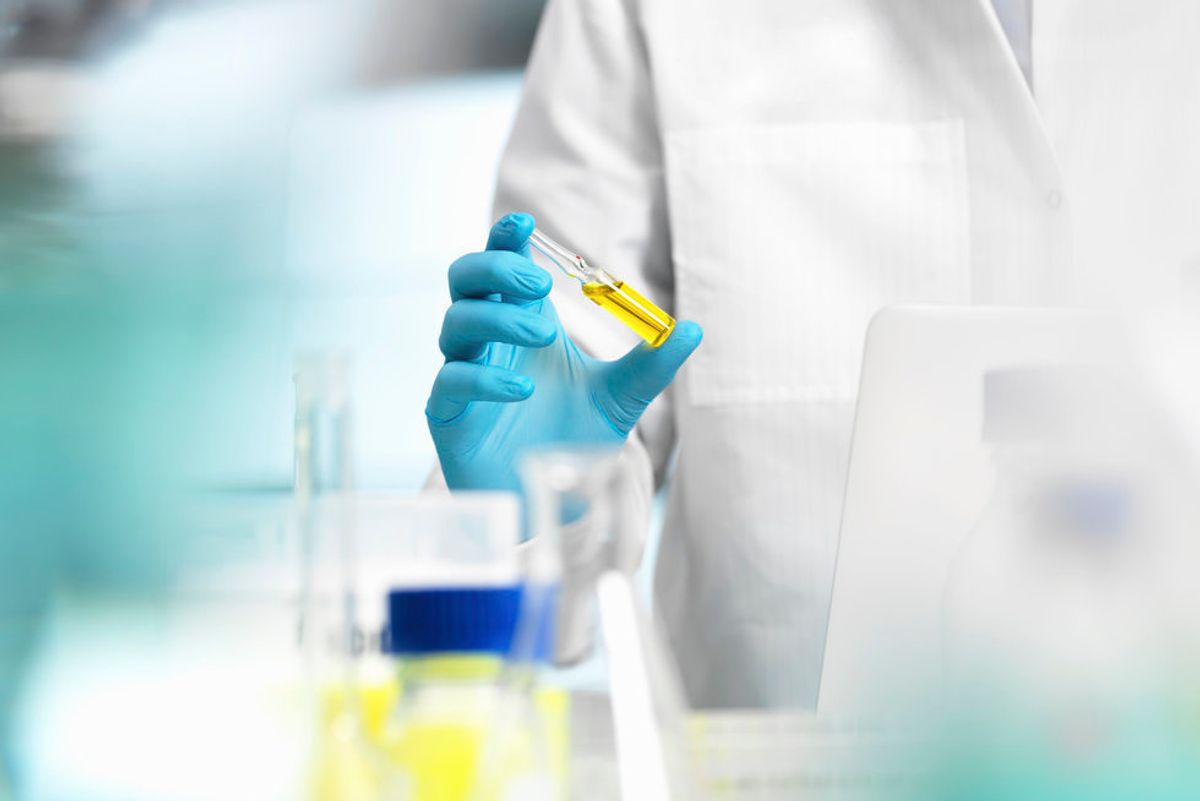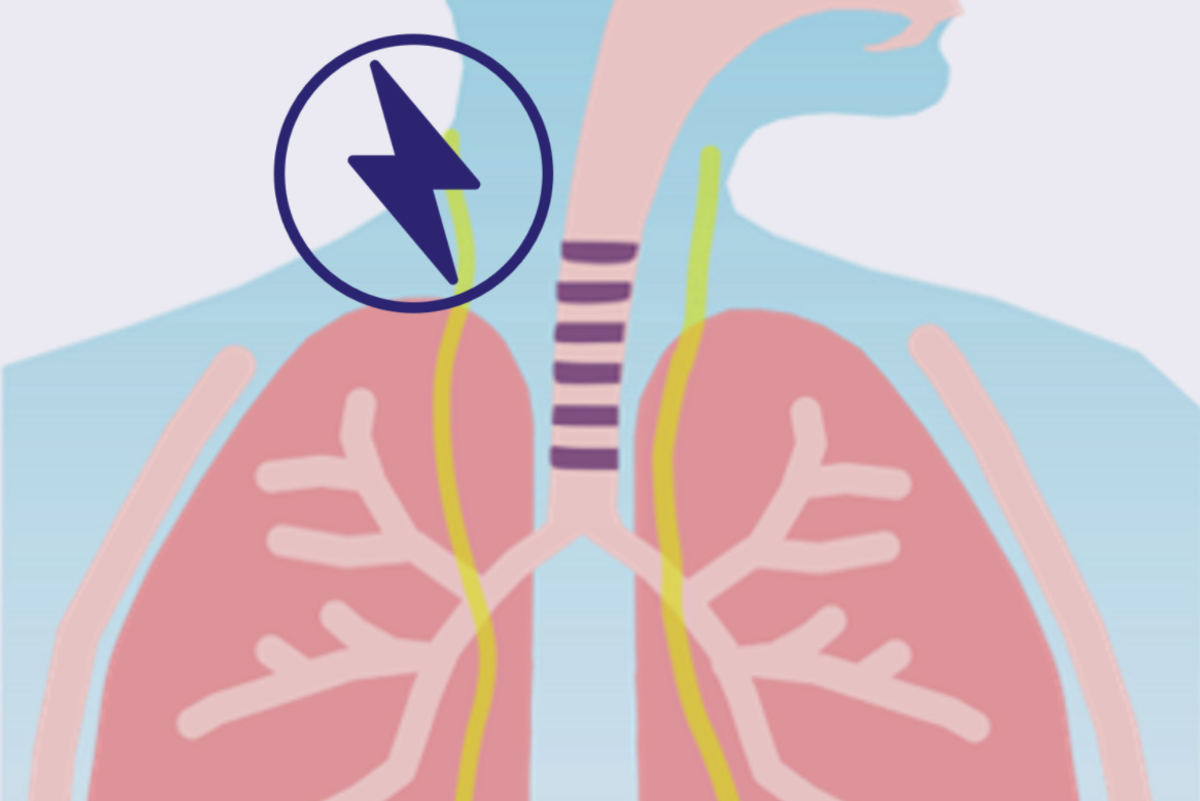Houston medtech accelerator announces inaugural cohort
future of health care
A Houston medical technology organization has announced the inaugural cohort of a new early-stage accelerator.
M1 MedTech, launched this year by Houston-based Proxima Clinical Research, announced its Fall 2022 cohort.
“This initial cohort launches M1 MedTech with an interactive 14-week agenda covering the basics every emerging MedTech business needs to progress from a startup to an established solution in their market,” says Sean Bittner, director of programs at M1 MedTech, in a news release.
The accelerator will equip early-stage startups with storytelling, business plan support, investor connections, FDA guidance, research, and more through one-on-one consultations, workships, and in-kind services.
The first cohort includes five startups, per the release from the company:
- Linovasc. Providing a long overdue major update to balloon angioplasty devices in over 50 years, the Linovasc solution offers a safer branch occlusion and aortic stent dilatation using a toroidal balloon that expands the aorta uniformly without the ischemia caused by current treatments. The company is founded by Bruce Addis.
- Grapheton. Founded by Sam Kassegne and Bao Nguyen, Grapheton's patented carbon materials work with electrically active devices to improve the longevity and outcome of bioelectric implants in the body. Terry Lingren serves as the CEO of the startup.
- Rhythio Medical. Founded by Kunal Shah and Savannah Esteve, Rhythio is the first preventative approach to heart arrhythmias.The chief medical officer is Dr. Mehdi Razavi.
- PONS Technology. An AI cognitive functioning ultrasound device attempting to change the way ultrasound is done, PONS is founded by CEO: Soner Haci and CTO: Ilker Hacihaliloglu.
- Vivifi Medical. Founded by CEO Tushar Sharma, Vivifi is the first suture-less laparoscopic technology that connects vessels to improve male infertility and benign prostatic hyperplasia. The company's senior R&D engineer is Frida Montoya.
The program includes support from sponsors and experts from: Proxima Clinical Research, Greenlight Guru, Medrio, Galen Data, Merge Medical Device Studio, Venn Negotiation, Engagement PR & Marketing, Aleberry Creative, and others.
“This is an amazing opportunity for emerging founders to learn the progression of pipelining their ideas through the FDA and absorb the critical strategies for success early in their business development,” says Isabella Schmitt, principal at M1 MedTech and director of regulatory affairs at Proxima CRO, in the release.











 Apple doubles down on Houston with new production facility, training center Photo courtesy Apple.
Apple doubles down on Houston with new production facility, training center Photo courtesy Apple.